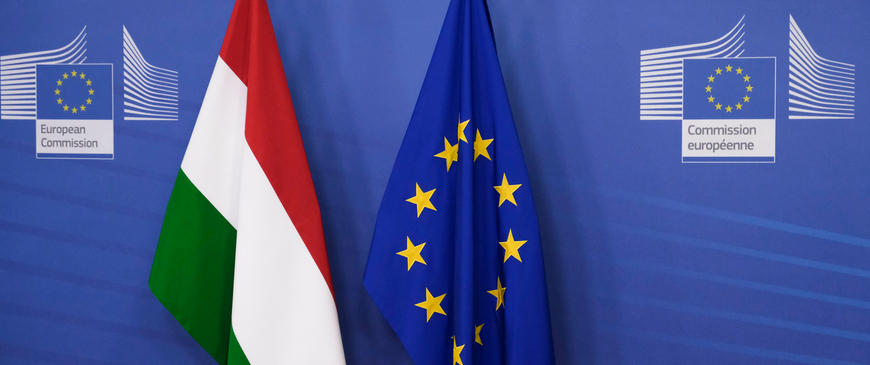
Judy Asks: Is Hungary a reliable EU and NATO member?
Hungary at the moment is reliable only in its unreliability as a Western state. For years, its flirtations with authoritarian states were annoying but of little practical importance: in Viktor Orbán’s infamous July 2014 speech in praise of “illiberal democracy,” he cited China and Russia, among others, as successful examples for Hungary to emulate. But more active steps against Western interests then followed.
From 2018 onward, Budapest vetoed high-level NATO-Ukraine meetings, alleging violations of the rights of the Hungarian minority in western Ukraine. In 2019, Hungary allowed Russia’s International Investment Bank, a communist-era relic that once provided cover to KGB officers, to open a new headquarters in Budapest with diplomatic status for its staff—offering access to the Schengen area for Russian intelligence officers.
Since Russia launched its attack on Ukraine last year, Orbán has blocked the transit of Western weapons for Ukraine; insisted on exceptions to EU sanctions to allow Russian gas and oil to flow to Hungary; delayed EU financial assistance for Ukraine; and called for the war to be frozen along the current front line, leaving Putin in control of a fifth of Ukraine.
The problem is what to do: so far, the other twenty-six EU member states have not agreed to use their power to suspend Hungary’s voting rights; and NATO has no mechanism to do anything similar. So Orbán will remain a cuckoo in the Western nest.
Ian Bond is director of foreign policy at the Centre for European Reform.
Read the full article here.
